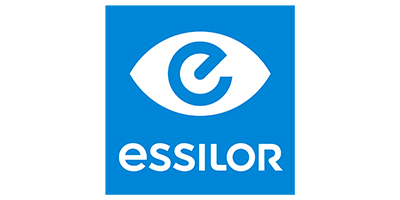
Sessão de Relato de Caso
Código
RC145
Área Técnica
Retina
Instituição onde foi realizado o trabalho
- Principal: Centro Oftalmológico de Vitória- COV/HOES
- Secundaria: Instituto de Oftalmologia do Rio de Janeiro- IORJ
Autores
- JOAO LEONARDO FRANCO SILVEIRA (Interesse Comercial: NÃO)
- Raí Toninato Tendolo (Interesse Comercial: NÃO)
- Almyr Sabrosa (Interesse Comercial: NÃO)
Título
BILATERAL CENTRAL RETINAL ARTERY OCCLUSION (CRAO)
Objetivo
Describe a rare case of Bilateral Central Retinal Artery Occlusion (CRAO), reporting how the patient was approached, how to proceed in this type of situation and emphasizing the importance of a well-grounded early approach so that it is possible best final results.
Relato do Caso
LBL, a 73-year-old white female patient, was referred for ophthalmic evaluation complaining of almost simultaneous bilateral visual loss (first on the right eye and a few hours later on the left eye) that occurred 10 days before, with significant pain in the back of her head (and along with the path of the temporal artery) apathy and family members also reported moderate mental confusion. The patient had no light Perception on both eyes, Slit lamp examination showed the presence of pupillary defect, and intraocular pressure was 12/11mmHg. Retinal mapping in both eyes showed marked pallor/edema of the optic disc BE, imprecise limits, not evident excavation, macula showing pallor and a cherry red spot. Narrowed retinal arterioles, with boxcarring or segmentation of the blood column in the arterioles. Retina applied to the 04 quadrants, without associated tears. It was requested Retina / Autofluorescence in Both Eyes with UWF SLO California (image 1 and 2). For the investigation, I requested ESR (55mm), RT-PCR (48mg/L), Fasting glycemia (99mg/dL), HbA1C, TP-PATT. Ugent hospital admission hospitalization, for evaluation by neurology/rhematology team, was suggest, and immediate systemic administration of steroids, Methylpredinisonole 250mg IV every 6/6 hours, for 12 doses, and later predinisone 100mg orally, 1x/day and to be collected a biopsy sample from the Temporal Artery. The patient reported a significative improvement of her general condition after the Corticosteroid Therapy, but with no improvement in the in visual acuity, most likely due to delay in seeking medical help.
Conclusão
In this Case Report, we show that CRAO is an ophthalmic and medical emergency, and that a quick and well-grounded assessment is necessary to minimize secondary ischemic events and complete vision loss.
















